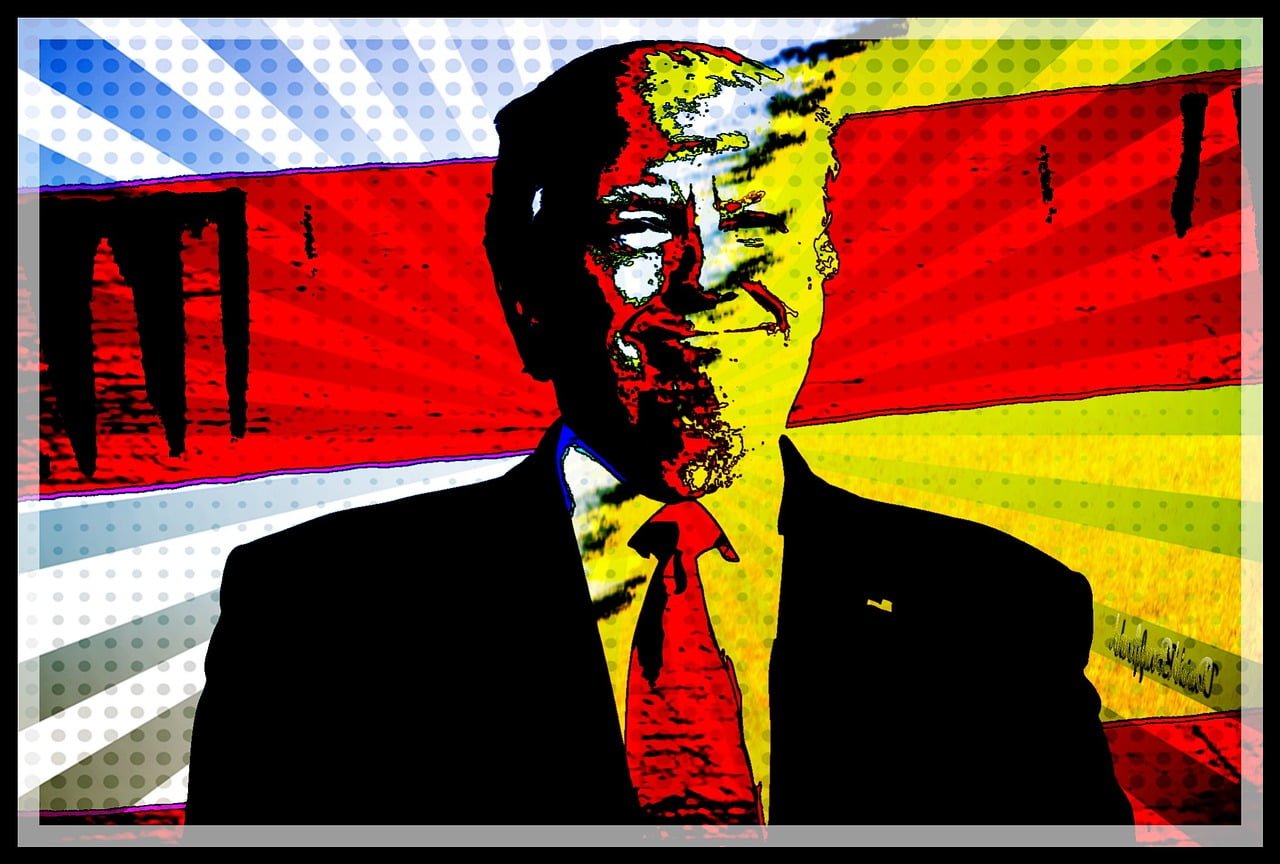The EU parliament recently approved some articles regarding the internet which many warn could be disastrous for some. MEPs supported the disputed rules, named the article 11 and 13. The latter got criticized more than the former which imposes that digital platforms must analyze all of the things internet users share online and examine it for any copyright infringements. Those opposed to this stated that this way content would undergo strict restrictions before it gets posted on social media. Anything infringing copyrights can be rejected based on strict rules. It could lead to the ban of viral content such as memes. These new rulings can entirely alter the way internet works.
A pirate party MEP, Julia Reda, vigorously fought against the new rules. She stated that these strict rules could be proved dreadful even to the legitimate content on the web. The legal content can accidentally get removed. She posted on twitter “Anything you want to publish will first need to be approved by these filters, perfectly legal content like parodies & memes will be caught in the crosshairs.”
Q2 hedge fund letters, conference, scoops etc
Article 11 brings to light the automated filter known as “link tax” - which imposes that before using the news headlines on social media such as Facebook and Google, they will get charged. Social media such as Google and Facebook will be liable to pay for publishing the news headlines on their site. It can significantly affect the way these sites work. All of the rulings underwent criticism from internet campaigners and the technology platforms such as Google, Twitter and more - as it could have a negative impact on the ability to collaborate.
“Today, MEPs have decided to support the filtering of the internet to the benefit of big businesses in the music and publishing industries despite the huge public outcry," stated by the director general of Edima, Siada El-Ramly. She further hopes that the EU government would be willing to hear the concerns of the citizen when the next dialogue with the court takes place. The citizen wants their internet free and open. The rulings will restrict them from doing multiple useful things. Wyclef Jean opposed the rulings - He says that lots of artists will be restricting themselves from collaborating with other artists’ work. Hence they won’t be able to make and create new contents. He further says that artists learn and thrive by sharing and working together.
The Parliament rejected the ruling in July of this year, and then various changes were made in the rulings. However, the campaigners argue that the changes don't make any difference, as the primary objective is the same -- the automated filters are controversial. The new rules will be undergoing the remaining process of legislation. The final vote will get casted in January, to decide whether to pass or reject the orders in EU.
Just like the automated filters in EU, the giant tech groups urge U.S. court to restore the law of net-neutrality. Reuters reported that various tech industries representing big groups such as Facebook, Alphabet, and Amazon call for the reinforcement of net neutrality laws. The Federal Communications Commission (FCC) nullified the rule in June -- which allowed the home internet providers such as Verizon, AT&T, and Charter from blocking certain websites.
Net neutrality doesn’t exist any longer. Hence, internet service providers (ISPs), i.e., Verizon, Comcast, and Charter may charge for the fast network. They may block selected websites and deliver their preferred sites faster internet speeds than the others. The content from rival companies can hence get slower. These ISPs usually offer fast broadband service. However, it has been claimed by net-neutrality supporters that the speed of the network gets affected due to the death of the law. Though, different providers in the USA claimed that the speed doesn’t get affected. The customers can analyze the speed of ISPs on the official site of an authorized reseller of top digital service providers, i.e., homeinternetproviders.com. At this site, users can compare and analyze services from different providers and then choose the one that suits them best. According to a report, the USA is ranked as the 10th fastest connected country in the world, holding an average speed of 18.7 Mbps.
Verizon faced lots of criticism because of delivering throttled network. However, Verizon removed the accusation by saying that the data cap limit caused the slow speed and the death of net-neutrality doesn’t affect the speed.
“Without the regulatory overhang of these rules, however, businesses such as ours will have the certainty they need to make infrastructure investments over the long-term, helping more people get online and enabling even faster broadband. That includes bringing high-speed broadband to more hard to serve areas, including rural communities,” claims Charter.
Article by Angelica Franklin






